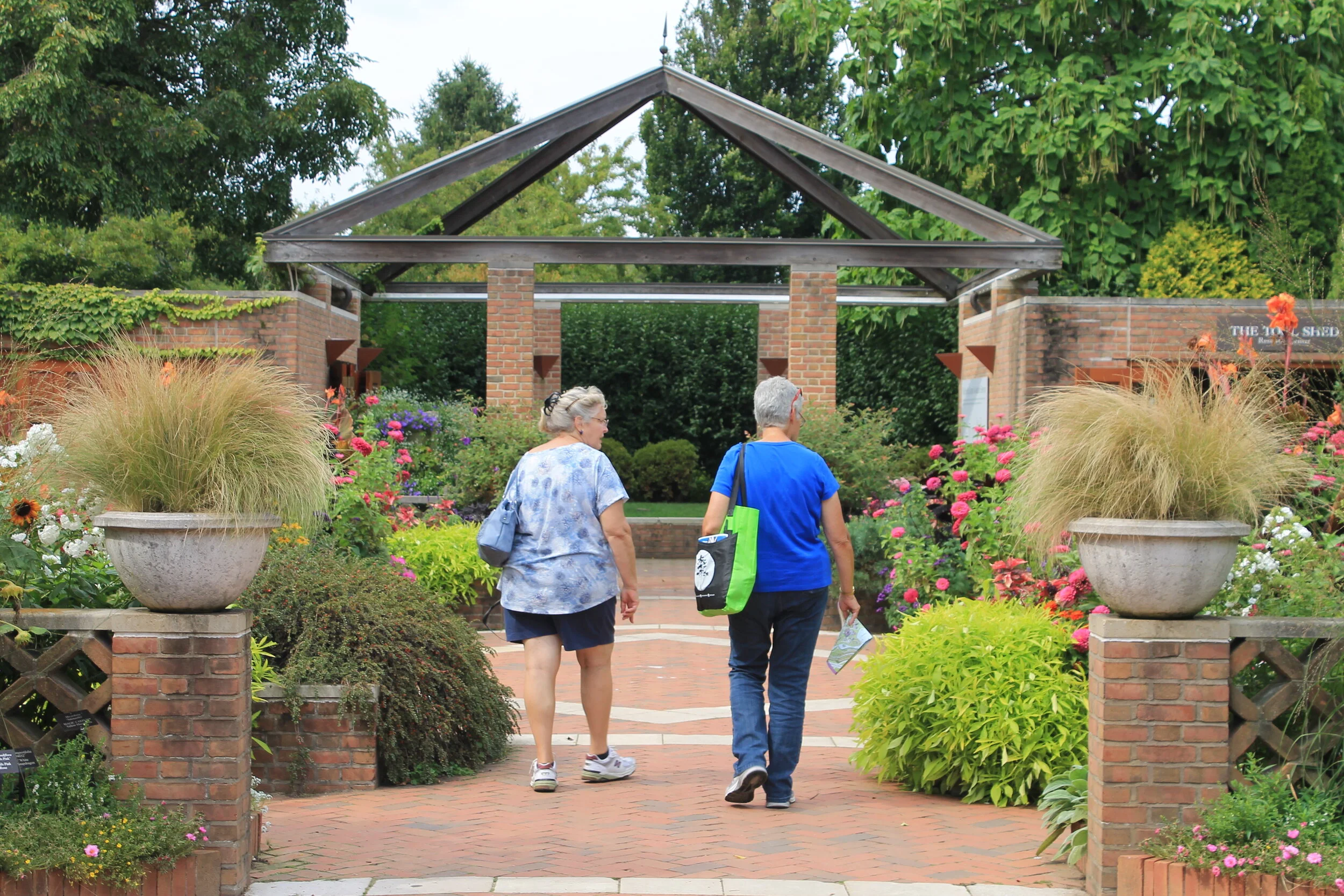The holidays can be stressful for almost every age group, and each age group experiences holiday stressors differently. Children feel anxious about stressed-out parents. Older students worry about exams. Young professionals juggle overbooked work, social, and family calendars. Parents may fret about finances, gift lists, in-laws, logistical arrangements, and more. Although they often have fewer responsibilities overall, older adults ages fifty-five and older can suffer during the holidays too. Here’s why mental health in older adults becomes more important during these seasons.
Seniors and the Holidays
Depending on their individual situation, the elderly can experience anxiety, depression, or loneliness at this time of year for a number of reasons. Senior mental health issues aren’t necessarily limited to the holidays, but a little effort can go a long way during this particularly emotional time of year. Some common factors in senior mental health are:
Missing friends or family members. Friends or family members associated with memories of happy holidays past may have passed or moved away, and those they leave behind—particularly the elderly—may feel that special occasions will never be as joyful again without them.
Changes in holiday activities or traditions. As family and friends grow and get older, their needs, schedules, and capacities change. This may mean that activities or traditions that used to “make” a holiday for seniors have been altered or discontinued.
Feelings of general isolation or abandonment. As their younger family members’ lives get busier and more demanding in general during the holidays, seniors and the elderly can feel forgotten. These feelings may be more intense if an individual lives alone, has lost a spouse, or suffers from physical or mental illness.
Holiday Stress Management Tips for Seniors
Fortunately, there are ways both seniors and their loved ones can prevent or lessen anxiety and depression during the holiday season, including:
Be a diligent communicator. In order to make sure that your older loved ones feel valued and included, check in with them early in the season to find out how they’re feeling about it, what their expectations are, and how they’d like to prepare or celebrate. Continue visiting, calling, or video chatting with them at least once per week throughout the season to let them know they are in your thoughts and that the holidays aren’t complete without them. Plan some family activities that include them.
Encourage them to be socially active or engage in a hobby. Depending on how socially active they already are, it might be a good idea to encourage your senior family member to join a church or other local community organizations. Engaging in hobbies is also a good option for older adults, especially if anyone in the family wants to learn from them or would like a handmade product, such as knitted items. If your loved one seems unsure, do a little research and make suggestions tailored to their interests.
Staying busy and connected to their communities can help older adults from feeling depressed or anxious—but it may be a good idea to take this step well before the holiday season begins. This way seniors don’t feel as though new social activity is intended as an emotional stopgap or substitute for quality time with family. It will also feel more natural for older loved ones to stay socially engaged throughout the year rather than only during the holidays.
Identify other ways to improve older adult mental health. Ask your loved one about their preferred ways to cope with complex emotions during the holidays. Consider things that have brought them comfort in the past. Perhaps they’d like to watch favorite movies with family or friends, assist in making treasured holiday recipes, craft ornaments, or receive new family photos or drawings from grandchildren. Keep seniors’ personalities and preferences in mind and incorporate those in plans as much as possible.
Consider and advocate for physical health. Determine when your loved one last had a physical checkup: sometimes a vitamin deficiency or other illness can affect mental health in older adults (as well as everyone else). Find out if they can benefit from a physician’s care prior to the holiday season. Encourage them to eat healthily, take walks, and get plenty of sleep to keep all systems functioning as optimally as possible.
Seek professional counseling. If you’ve tried all of the above and your senior loved one still seems depressed, anxious, or uncommunicative, it’s worth exploring some professional mental health resources and services. You can explore the available resources and information offered by the National Institute of Mental Health to learn more.
Benefits of Senior Living and Socialization with Peers
You may not have thought of a retirement community as a factor in senior mental health. However, if your older family member currently lives alone, it’s worth considering a move to a community where he or she can connect more easily with others in the same age group. In addition to being safer and having less upkeep to worry about, adults in senior retirement communities benefit from regularly scheduled social activities built into daily life on campus. This can improve their mental health all year round, but particularly during the holidays.
If you or your senior loved one is a Valparaiso, Indiana resident ready to make the move to a senior living community, consider choosing Pines Village Retirement Communities. At Pines Village, we celebrate life by enriching the lives of older adults. We pride ourselves on our culture, which is driven by a passion for serving the residents, visitors, and staff of Pines Village as well as the greater Valparaiso community. Explore our senior apartment availability, learn more about our assisted living options, or contact us with any questions today!




